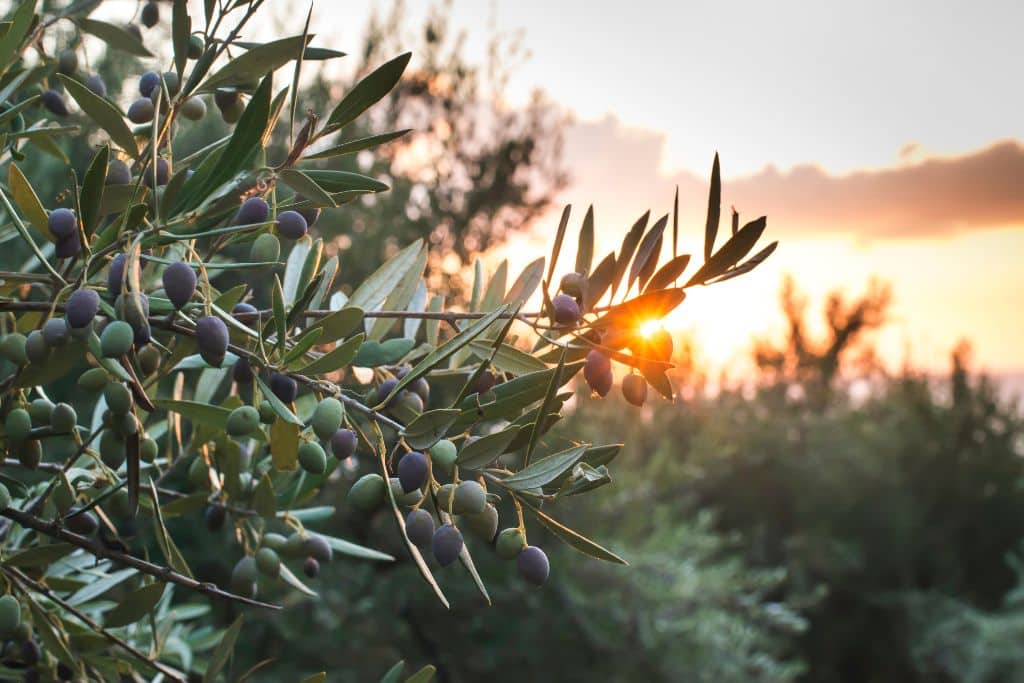The year’s first heatwave arrived a month earlier than in 2022, bringing exceptionally high temperatures in some regions. Spain is already battling a long drought that has pushed olive oil prices to record levels.
—
Exceptionally hot air moving northward from Africa will bring exceptionally high temperatures to the Iberian Peninsula from Tuesday to Friday, increasing the risk of wildfires, the Spanish meteorological agency Aemet said. It comes after the country recorded its second-warmest and second-driest March this century.
The heatwave is expected to bring summer-like temperatures, with the mercury set to surpass 40C in the Andalusia region for the first time this year. It arrived almost a month earlier than in 2022, which at the time was also a historically early date. It follows an unusually hot and dry winter that hit most parts of Western Europe, forcing popular ski resorts to close early.
According to the Spanish weather forecaster, April is also on track to be the driest on record, as “not a single drop” of rain fell across more than half of the country in the first 17 days of the month. Since October, which marks the beginning of the hydrological year, rainfall has been 23% below normal.
In response to the drought, parts of Spain imposed restrictions on water use for agriculture and industries as well as for the irrigation of public gardens and swimming pool refilling. The latter are set to open on May 13 in Madrid, a month earlier than usual. Altered school schedules are also under consideration to avoid classes being taught in the hottest hours of the day and to give students and teachers a chance to adapt to the extreme heat, Bloomberg reported.
The exceptional drought has led to a surge of olive oil prices of about 60% since last June, reaching about €5.4 (US$5.97) per kilogram. Last year’s record-breaking European heatwaves – which the European Drought Observatory described as the worst in at least 500 years – had already compromised olive crops across the continent. Spain, Europe’s largest producer, was among the hardest-hit countries and saw annual supplies drop by half to about 780,000 tonnes in the past 12 months.
The impacts of the olive crisis in Spain could have repercussions globally since the nation produces on average about 44% of the world’s supply of olive oil each year, twice as much as Italy and four times as much as Greece.
In an address to the parliament last week, Prime Minister Pedro Sanchez warned lawmakers that the acute drought had become one of its leading long-term concerns.
“The government of Spain and I are aware that the debate surrounding drought is going to be one of the central political and territorial debates of our country over the coming years,” he said, adding that investments to “help recover our rivers, improve our water purification and cleaning systems and the reuse of water, and digitalise our water management” were one of his government’s priorities.
Spain is not the only Mediterranean region bearing the brunt of climate change-driven heatwaves and droughts. Italy, already heavily impacted by months of monumental water shortages that directly impacted crops and hydropower energy generation, is now facing another round of severe drought.
You might also like: Can Traditional Farming Withstand Another Summer of Record-Breaking Heatwaves?


















